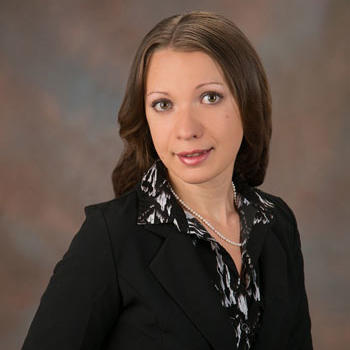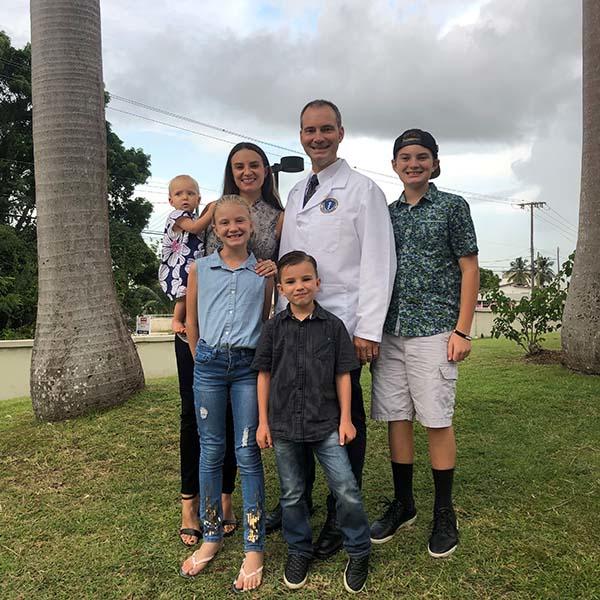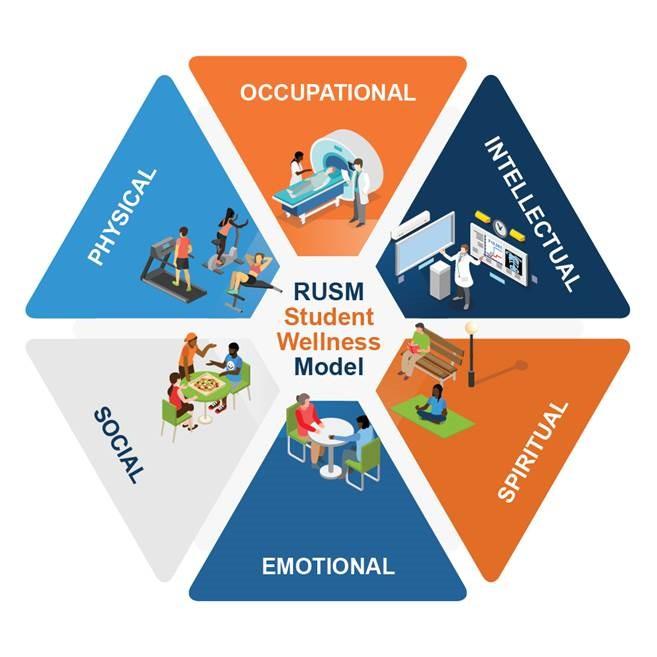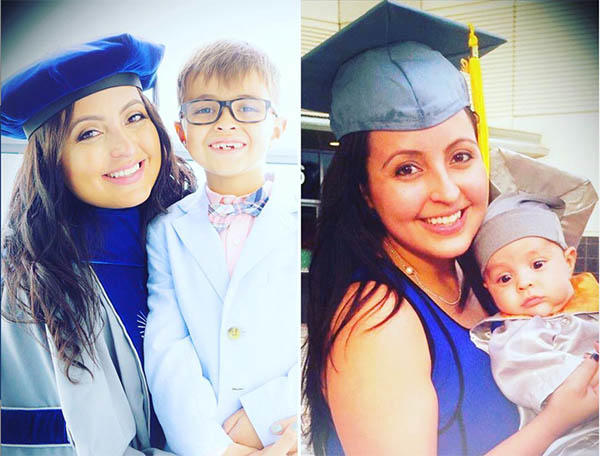The global public health crisis has besmirched much of 2020 — saturating many with loss, dire health scares, limited gatherings and canceled vacations. But, to be fair, it’s also allowed quality family time, nature walks and, perhaps most importantly, the start of uncomfortable conversations — about racial tensions, healthcare inequities and the importance of mental health. Elaborating on the fragility of the psychological aftermath of these unpredictable times is Ross University School of Medicine (RUSM) alumna and psychiatrist Katie Angelova, MD.
“None of us are immune to disruptions in our mental health. It’s nothing to be ashamed of because life is difficult,” explained the consultation-liaison psychiatrist at a New York hospital, who is also an assistant professor. “Most of us have sustained some form of trauma in our lifetimes and the pandemic has revealed many unhealed wounds, both related and unrelated to COVID-19. Our lives have been deeply disrupted by isolation and for many, the fear of getting sick and dying alone. It has depleted a lot of our coping tools.”
Many Sides of COVID-19
The ‘new normal’ has triggered some relapses of previously stabilized mental illnesses, highlighted maladaptive coping mechanisms such as impulsivity and denial, and possibly even contributed to a new onset of psychiatric illnesses for some. “Most people have a certain level of anxiety and depression because life throws curve balls. But now we’re seeing patients struggling with feelings that are overwhelming and interfering with their daily functioning, including interactions with loved ones. Furthermore, COVID itself has shown to cause neurological and psychiatric symptoms in some patients.”
Also on the rise are instances of substance abuse, domestic violence and child abuse. Individuals suffering from addiction who relied on therapy or group sessions were forced to go virtual, which magnified their need for escape. Meanwhile, partner and child victims were trapped at home with their abusers. Though many facilities have resumed in-person sessions or offered more targeted alternative care, help had been severely limited. “People were trying to deal with all the stressors and left to their own devices, which created a perfect storm. It’s been heartbreaking.”
Perhaps the most affected but least likely to seek assistance are the frontline healthcare heroes, typically so engulfed in caring for others that they delay seeking help or neglect their own needs. “It’s the century-old culture of a physician not needing sleep or food to function. And that if they can’t do that or they admit they need help, then it’s a sign of weakness. They are burnt out and traumatized by what they see every day, but talking or reaching out is implicitly discouraged for many.”
Care for Caregivers
Angelova said although there is a big push toward mental health awareness, it unfortunately remains a foreign concept in the medicine world. The biggest support peers and loved ones can provide a caregiver is to be present, offer a listening ear and find ways to start a conversation. “It’s impossible to understand what these healthcare workers go through on a daily basis and everyone copes differently, so it’s finding the right way to make that person feel loved and validated.”
Completing her father’s “unfinished legacy” of becoming a physician, Angelova appreciated the meaningful human interactions psychiatry afforded. Born in Ukraine, her family moved to New York when she was a child. “It’s the only place where you can see or do anything at any given moment. You meet people from all over the world with different mindsets who come here with their own passions and dreams.” Angelova realized her dream at RUSM and embraced the time in Dominica. “It shaped who I am as a physician and helped me develop my personal edge and empathy since the first day of medical school.” The travel enthusiast visits her parents often and is a new puppy mom to an eight-week old Corgi named Bellini.
“The pandemic served as a vector for a lot of social change and has given us a new perspective that we can take with us into the future. It’s given us moments to sit back and observe this world we live in to figure out how to improve it. That gives me hope for our efforts in fighting the stigma of mental illness and psychological distress.”
Appreciative and Thankful
We appreciate your commitment to the continued well-being of our RUSM community and support during this unprecedented time.




